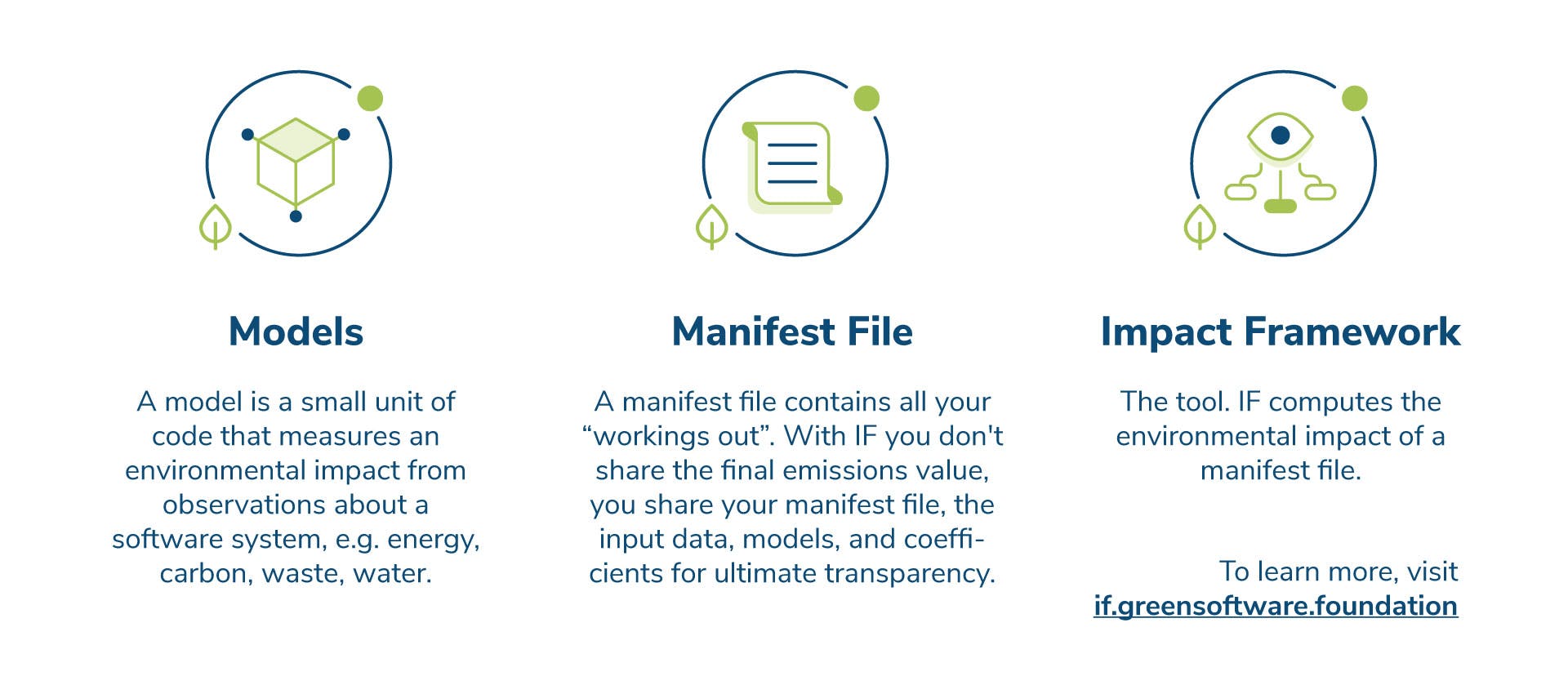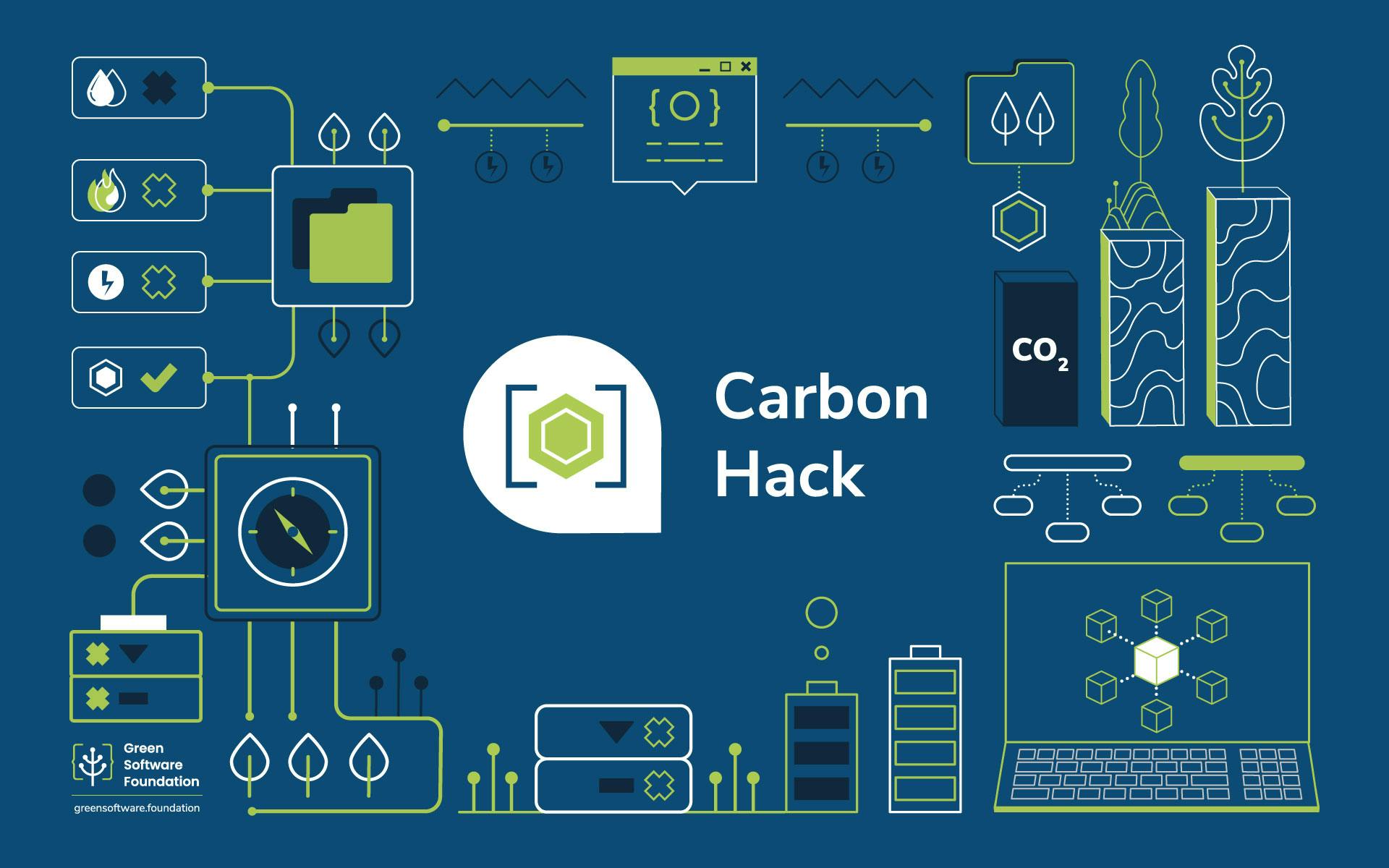After a year of hard work getting green software into the mainstream lexicon, we’re bringing Carbon Hack back in 2024 from Monday, March 18 to Monday, April 8, 2024. The second edition of the hackathon is a competition that combines healthy rivalry with collaborative innovation to solve the biggest pain point facing the industry – measuring software for sustainability.
Sign up to participate! | Sign up for our upcoming live session
Why Measurement?
We've learned since that at the nexus of software and sustainability, measurement is our traffic signal. How we measure software's environmental impact is more than a technicality; it determines the magnitude of change we can achieve and equips us to navigate new territory, whether with Generative AI or in the Web3 space.
The complexity of software systems has made impact measurement a Herculean task. As software's ecological impact inches toward a sizable 14%, we need to improve our understanding of where across data centers, networks and devices we need to make changes to enhance efficiencies, clean code, and reduce carbon intensity.
A scalable tool is in the works, answering businesses' calls to measure software to minimize the environmental footprint of AI and software solutions. At Carbon Hack, we're challenging every practitioner to prove it can be used across various components and environments and can deliver on its promise.
Measuring beyond boundaries: Impact Framework
At the core of this hackathon is Impact Framework (IF), an alpha open source tool designed to help people comprehensively measure the environmental impacts of software – such as private cloud, public cloud, bare-metal, virtualized, containerized, mobile, laptops, and desktops.

We challenge technical and non-technical practitioners, such as developers, engineers, solution architects, technical writers, and marketers, to push the limits of the framework, uncover potential weaknesses, and create innovations to enhance the tool, its accessibility, and adaptability.
The Challenge:
In small teams, participants can select from a range of projects, including:
Showcasing the framework's versatility by measuring various environmental impacts—carbon emissions, water usage, and more.
Adding model plugins that provide new impact measurements or features to IF.
Contributing to the framework, making it more performant, improving the UX, or adding some features to the infrastructure.
Creating documentation or other non-code media that helps explain or spread the word about IF.
This year, the foundation also invites students to participate and get recognition for their contribution to the development and understanding of IF.
Carbon Hack 24 has seven award categories, including a special accolade for Best Undergraduate solution and Best Content.
Sign up to participate! | Sign up for our upcoming live session
Sponsor of Carbon Hack 24
The first Carbon Hack in 2022 brought carbon-aware computing to the forefront, welcomed nearly 400 hackers, and injected 51 innovations into the open source.
Carbon Hack 24 will celebrate and shine a spotlight on organizations that align with the foundation and share the belief that our focus must be on measurement. Sponsors will get a front-row seat to early-stage innovations and talent capable of addressing mission-critical issues while having an opportunity to share their commitment to green software and how they are reducing emissions and other environmental impacts.
Become a sponsor. If you have questions, email us at [email protected].
This article is licenced under Creative Commons (CC BY 4.0)
